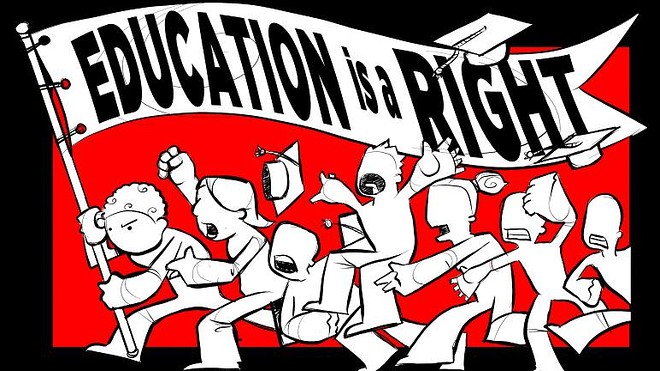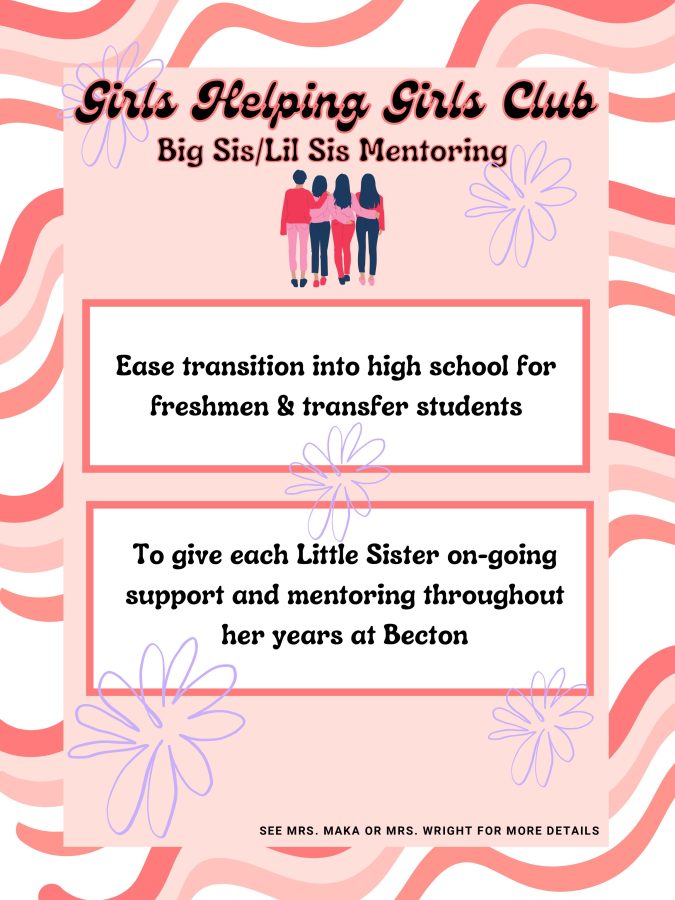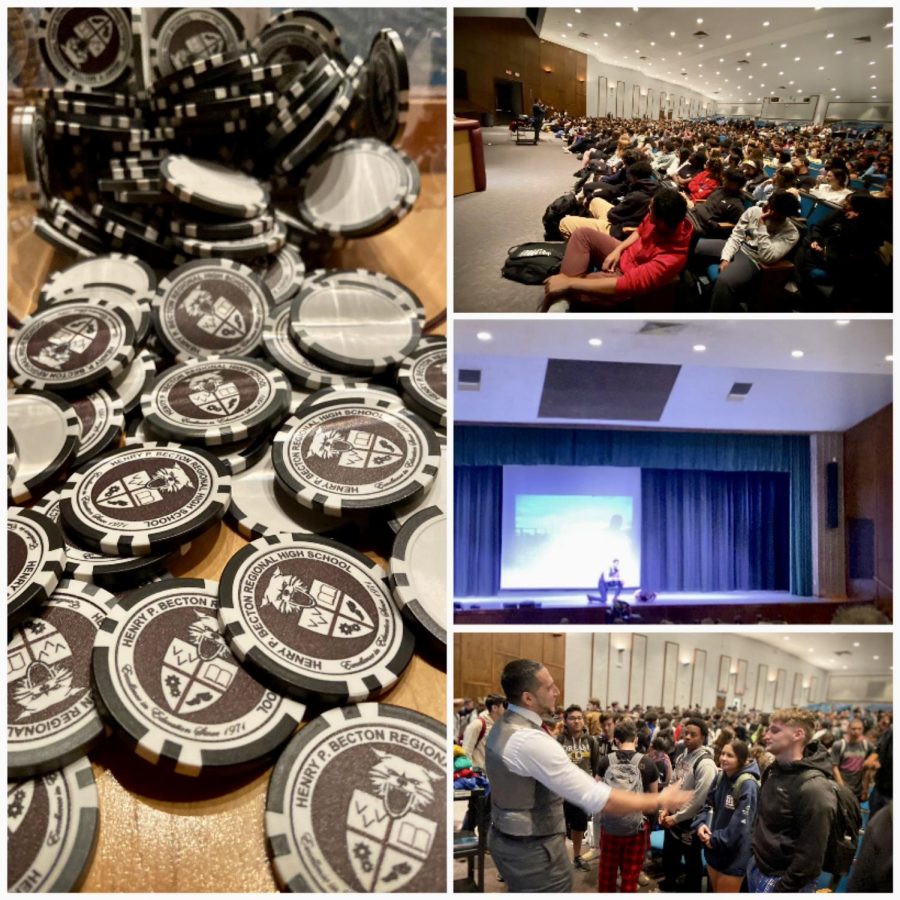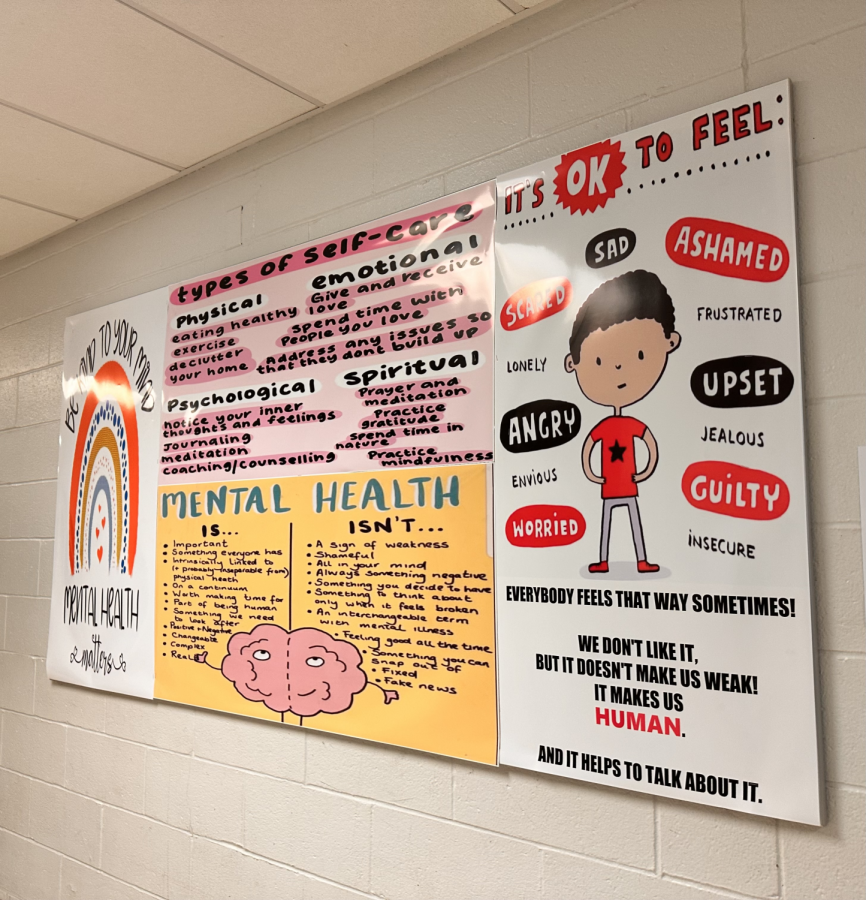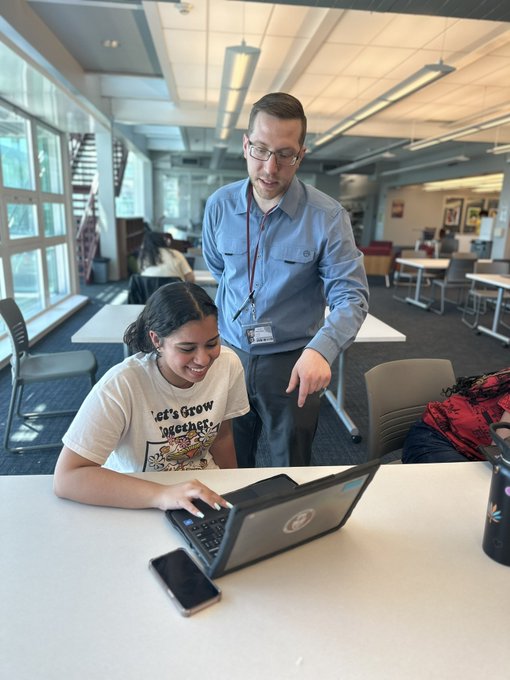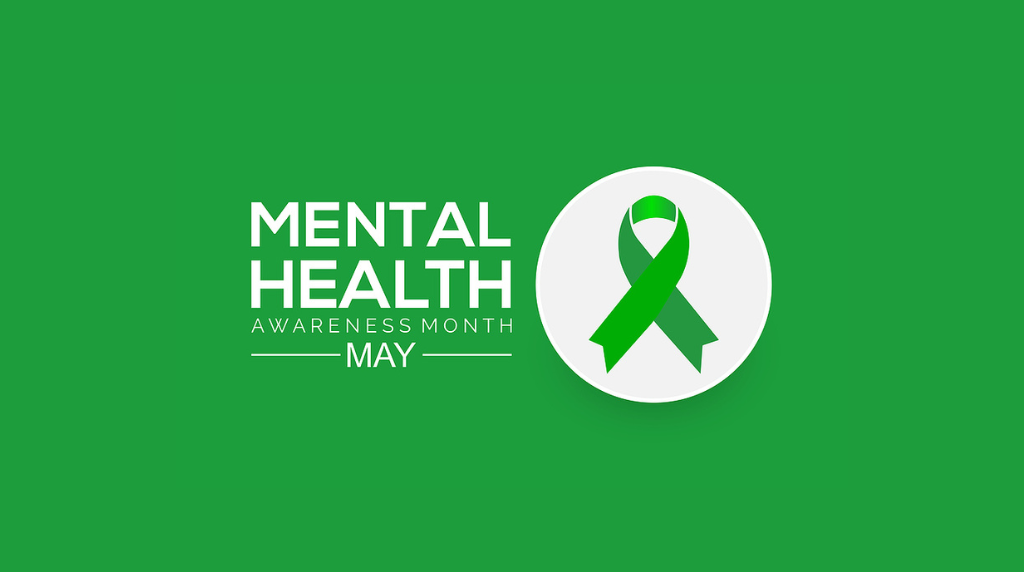The opportunity to have free college is essential for every student who wants to go to college. Everyone needs equal opportunity to attend college, to be successful. Ms. Cozza, a guidance counselor here at Becton, expands upon this by saying, “College should be free because everyone should have an equal opportunity to education, this happens K-12, so why not extend it into college? We are in a time of academic inflation. A lot of the jobs that previously only required a high school diploma 40 years ago now require a minimum of a Bachelor’s or Master’s degree. If other countries are able to provide free education then why aren’t we keeping pace in the same way?”
The idea of free college is that it will help students attain greater lifetime earnings, and provide economic benefits to all of society. Cozza gave an example of this, “There have been studies that show a correlation between college-educated people and more positive outcomes in society, for example a statistically lower crime rate. People will have access to better paying jobs or jobs that provide healthcare, which results in better overall health and mental health.”
When asked, “Do you think free college will help close the economic gap between the rich and poor?” Cozza stated, “The economic gap between the rich and poor is widening at an exponential rate. I think the idea that attaining a higher level of education gives the illusion that it could close that gap, but until government policies change, and there is better regulation on corporate greed, it might not make a significant difference.” I fully agree with this, and this is why we should not jump to the conclusion that just because college is free means that all of the sudden the economic gap will reduce.
Another benefit of free college is the people who strive to, will be able to afford more reputable colleges, or any college at all. The high cost of college currently is contributing to a rapid growth in student debt and a growing financial burden on Americans. To help expand access and reduce financial burden, many policymakers and advocates have put forward nationwide free college proposals. This has been implemented in many countries, and has worked well in all of them.
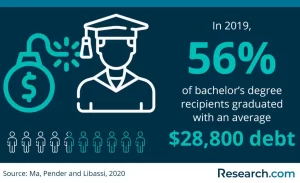 Ms. Lennon remarked, “Student loans are a great burden for young adults. Many people do not pay these off until they are much older. These loan payments make it difficult to afford other life necessities such as housing.”
Ms. Lennon remarked, “Student loans are a great burden for young adults. Many people do not pay these off until they are much older. These loan payments make it difficult to afford other life necessities such as housing.”
The best and most equitable way to implement this is debt-free programs meaning that the government would cover the full cost of attendance. This would cover both the tuition bill AND room and board. This would make everyone– rich, poor, or middle class to be able to afford college or at least be given the opportunity for advanced education. This would reap benefits through all of society and tremendously help everyone.
There are many pros of free college, and some drawbacks which can be dismissed as untrue. Some advantages of free college are: increased accessibility, economic benefits, social and societal impacts, and reduction in student debt. Some of the cons are an increase in taxes, and less educational quality which is untrue because that has not happened in other countries such as: Germany, Finland, Sweden, Norway, Denmark, Greece, Brazil, Poland, etc.
 When presented the question, “Do you think that free college education should be available to all students regardless of income, or should it be means tested based on family income?” Ms. O’Neill, social worker here at Becton stated her opinion, “This would be a wonderful dream, but needs to be explored carefully. New York implemented a free college system for their state schools and students are required to meet college application requirements and compete for spots, once accepted they must maintain a certain grade point average (which weeds out students who go to college for the social climate, are poorly committed to their education or are just not cut out for, or ready for college.) It also requires these students to commit to working within New York State after graduation at least for a certain number of years so New York can keep their talent and brains in state and develop a strong workforce.”
When presented the question, “Do you think that free college education should be available to all students regardless of income, or should it be means tested based on family income?” Ms. O’Neill, social worker here at Becton stated her opinion, “This would be a wonderful dream, but needs to be explored carefully. New York implemented a free college system for their state schools and students are required to meet college application requirements and compete for spots, once accepted they must maintain a certain grade point average (which weeds out students who go to college for the social climate, are poorly committed to their education or are just not cut out for, or ready for college.) It also requires these students to commit to working within New York State after graduation at least for a certain number of years so New York can keep their talent and brains in state and develop a strong workforce.”
One a final note, Aidan Hansen, a senior who attends Becton, believes the benefits of implementing free college education in the USA is that, “It creates a new world of well educated Americans to lead the country to a better future.” This pretty much sums up why we advocate for this!
All in all, a more educated society is a better society!


